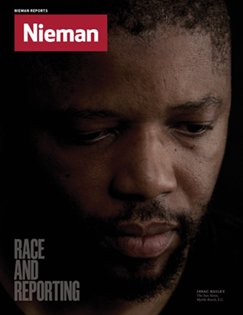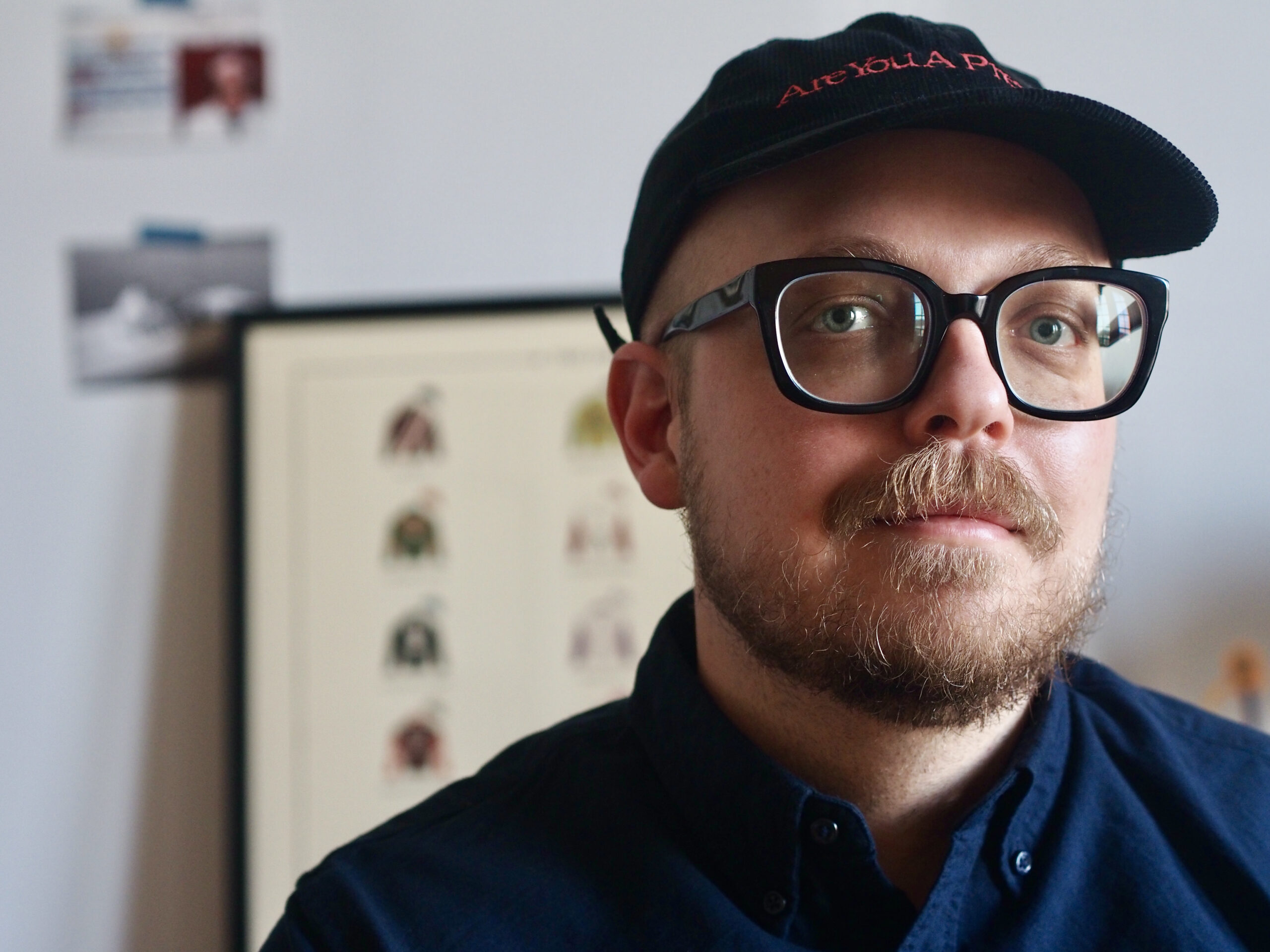I’ve heard the “All Things Considered” theme thousands of times since then. I’ve heard it several times a day, every day of my career. I work in public radio. But not one of those times has ever replaced the memory of the vegetables, my mom, and the news.
Sound is powerful stuff. It’s also something we hear all the time so it’s easy to take it for granted, especially if you work in radio.
The line from youthful listening to my current career in public radio is fairly obvious and straight. But it’s not quite smooth. I wanted to work in journalism not because of what I heard, but because of what I didn’t hear. My dad was a coal mine inspector, and many evenings, after dinner, I overheard him telling my mom about work, which meant talking about mining accidents. I didn’t hear much about mining deaths and injuries on the radio. I didn’t see it in the newspapers. This made me want to be a journalist.
While studying journalism, I developed an unhealthy addiction to podcasts and an affinity for audio production classes. Leaving college, audio was the natural outlet, and public radio was the natural place to go.
When I got my first job in public radio, I wanted to put things on air that I didn’t hear anywhere else. I wanted to amplify fresh voices. I wanted to tell stories that pointed out what’s wrong with our world, and stories that tell us why it’s so great, too.
I also wanted to make these stories sound like nothing else. Fortunately, I ended up at a public radio station that welcomed a degree of experimentation. As a reporter and later as an editor, I put things on air that I hoped would inspire the next group of kids playing at a kitchen table. We aired oral histories. We aired fiction. We aired a mash-up of people in a state fair beer tent growing increasingly loud and incoherent. And, close to my heart, we aired a documentary on the people most affected by the coal industry—the miners. These stories weren’t all hard news, but they explained the world—its highs and its lows—in a way only sound can.
There’s an army of people who want to tell stories they don’t hear anywhere else
Despite this, I’m not a radio nut. I don’t geek out about call letters, station history, or broadcast technology. And I’ve never thought of myself as a “radio guy” at all. There’s always been the Internet for me. The radio in the kitchen was on all day when I was a kid, and so was the family modem. I’ve never had a job that didn’t involve writing for the Web, and, because I grew up with a mouse in my hand, I always loved doing it.
As powerful as sound is, it’s also fleeting. Most stories air only once or twice. As an editor trying to make our local station into a news force, the lack of permanence of my team’s work was discouraging. Thousands of people were listening to their stories on the air but few listened to them online. And whenever I mentioned podcasts, people looked at me like I had mispronounced Neda Ulaby. So in the year or two before I became a Nieman, I stopped thinking heavily about radio. Ratings were good so I started focusing my energy on really good Web storytelling.
But sound is powerful stuff. As I was benignly neglecting radio, more people started listening to podcasts. We started making them at the station. Then I moved to Cambridge.
I’ve gained so much from my Nieman year, but one thing I never predicted was that I would understand what it means to be a public radio listener again. I haven’t just listened in nearly a decade.
I’ve learned that radio is still powerful. It remains a great way to give news updates. But it’s not always what I want to listen to. Outside of morning headlines, I listen to podcasts, and most of them aren’t public radio shows. But what might seem discouraging for someone in public radio is energizing our industry. The shows I listen to aren’t typically public radio, but they sound like it. There’s an army of people who want to tell stories they don’t hear anywhere else, and they’re doing it. And they’re reaching an audience that doesn’t care about radio, and probably won’t ever buy a radio. When I walk across Harvard Yard and see white cables in people’s ears, I know not everyone is listening to music, and it makes me hopeful. It’s a generation of listeners no one expected. Maybe these podcasters are competition in the business sense, but they’re spiritual allies.
The way we find and listen to audio online is due for an update (and maybe we can find a better word than “podcast”). Technology is changing. But the way we produce good audio remains solid, and the reasons why we make it won’t change.
Now when I talk about Web audio, ears perk up. So many people have told me they listen when they work out, when they commute, and when they cook. I hope some of them have kids at the table.



